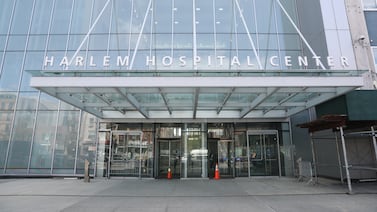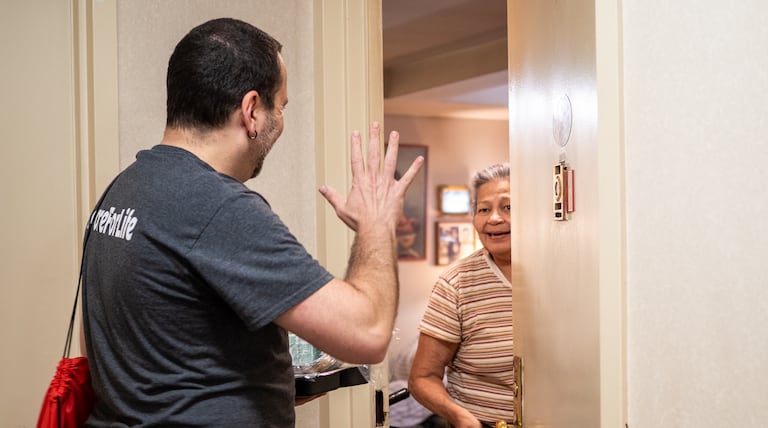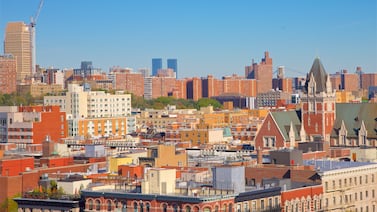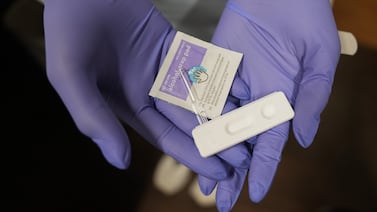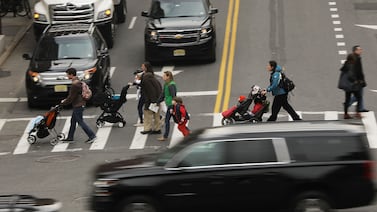On Friday, the agency declared the end of the outbreak, which has resulted in 114 cases, including 90 hospitalizations and seven deaths.
New standards for school lunches and hospital meals include a ban on processed meats and restrictions on artificial colors, additives, and preservatives.
Parks are associated with physical and mental health benefits. And in cities like New York, parks play a key role in cooling streets and absorbing atmospheric CO2.
Poverty is on the rise for older New Yorkers, and nonprofits are trying to address their hunger. Federal funding cuts are poised to exacerbate the problem.
At a town hall, residents questioned health officials about the outbreak that has resulted in nearly 100 cases and four deaths since last month.
Cooling towers at 10 buildings in Central Harlem have tested positive for Legionella amid an outbreak of Legionnaires' disease. Here's what to know.
Congenital syphilis, which passes from a pregnant person to a baby, is treatable if caught early, but without care can lead to infant deaths or birth defects.
The Metropolitan Transit Authority banned alcohol advertising in 2018, amid concerns about underage drinking. Extensive research shows that alcohol ads drive consumption, particularly for young people.
While the disease risk to most New Yorkers is low, anyone who lives or works in Central Harlem and has flu-like symptoms is urged to seek medical care.
Leading pedestrian intervals, or traffic light sequences that give pedestrians a head start, significantly lowered the risk of injury in a study of 6,000 intersections in New York City.


